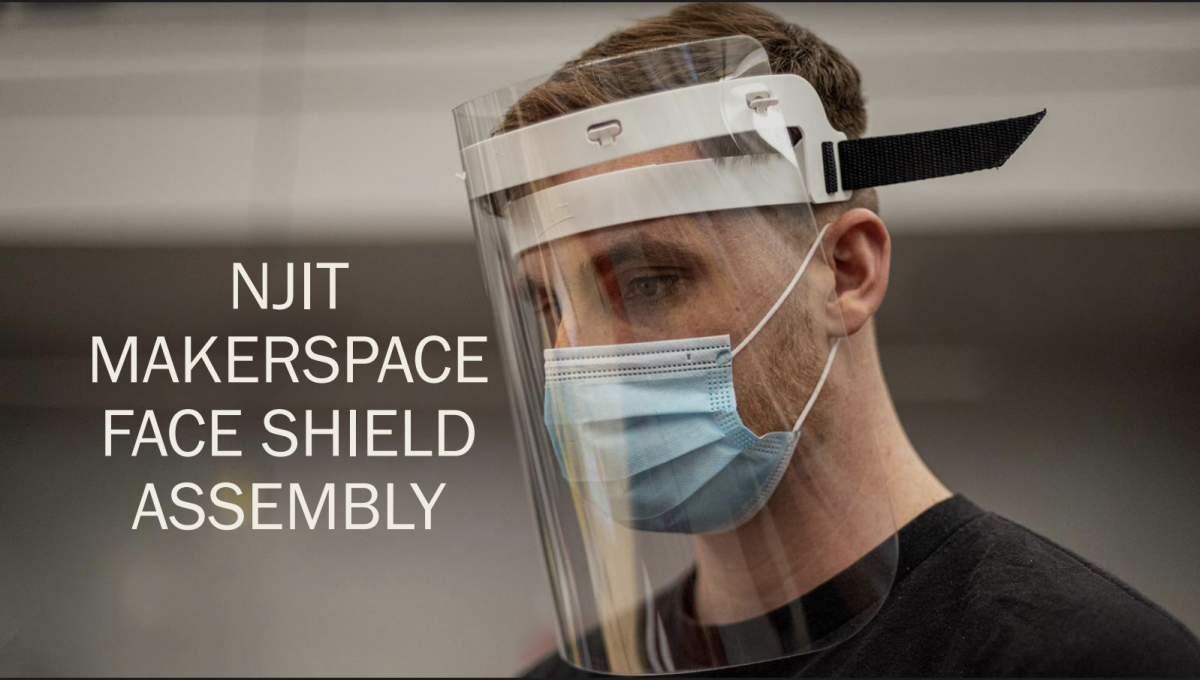On Sept. 22, NJIT had the opportunity to bring new and challenging ideas grouped with experience and advice from a wide set of professionals and students alike during its seventh TEDx event. Organized by Michael Ehrlich and team, TEDxNJIT was hosted virtually with the theme of “Resurgence,” meant to address the impact of the post-COVID world. The theme was highlighted by experts in various fields who shared some technological advancements and words of wisdom.
Among the presenters was Julie Ancis, professor and Founding Director of Cyberpsychology at NJIT, who posed the question, “The Post-Pandemic Future: Are We Ready?”
Ancis discussed how COVID-19 has impacted us in a variety of ways such as our work life, social interactions, wellbeing and mental state. She offered predictions for the future regarding the role of technology and some of the challenges we may face today. She began with the idea of the spread of misinformation, explaining that it may be one of the biggest challenges within this century.
She observed that “beliefs in misinformation and fake news are associated with a range of behaviors and attitudes including health-related behaviors.”
Ancis recommended some interventions to help combat the spread of the ”second epidemic” of misinformation, such as increasing critical thinking about the information people are looking at. Another method she recommends is being more aware of where information comes from. According to Ancis, many people are placed inside of an “echo chamber” where algorithms, based on likes and shares, limiting exposure to new and challenging ideas.
David Bader, a distinguished professor and the Director of the Institute for Data Science, followed up with his talk, “Solving Global Grand Challenges with High Performance Data Analytics.”
The field of high-performance data has gone through several names over the years, but essentially, it is the collection of ever-growing data sets and the ability to calculate and process them in real-time. The applications of this field could be applied to many of today’s industries such as cybersecurity, from looking at the network traffic entering an organization or even a country to analyzing patterns of malicious attacks. Another field it could benefit is computational genomics, which could lead to personalized medicine instead of a single pharmaceutical for the entire population.
Rachel Benyola, an Executive and Founder Coach at RKB Consulting, discussed ways of improving entrepreneurship with her talk, “Innovating the Entrepreneur: Resurgence of the Human Entrepreneur.”
A young entrepreneur, Benyola noticed that even though there was a great benefit for bike rides to wear helmets, a majority would fail to do so. She took initiative to find out what exactly are the reasons for bike riders to neglect their safety and she reached two main conclusions; helmets are too bulky to carry around and they aren’t very stylish. After considering this feedback, she launched her company, AnneeLondon, which created collapsible bike and scooter helmets with style in mind.
Her talk, however, was dedicated to a different theme, the unspoken truth about the struggles of being an entrepreneur. Benyola noted, “being a CEO and founder, I see that mental wellness is something that is so ignored in entrepreneurs. Entrepreneurs are seen as sort of these machines, these robots that just churn out innovation.”
In her talk, Benyola pointed out that about 90% of startups fail and she believes that this number could be attributed to the lack of support and preparation offered to founders and innovators.
With many other speakers and experts, TEDxNJIT has once again rekindled inspiration into the heart of its viewers and reminded us that sometimes the first step towards innovation, self-betterment and discovery is a conversation.









































